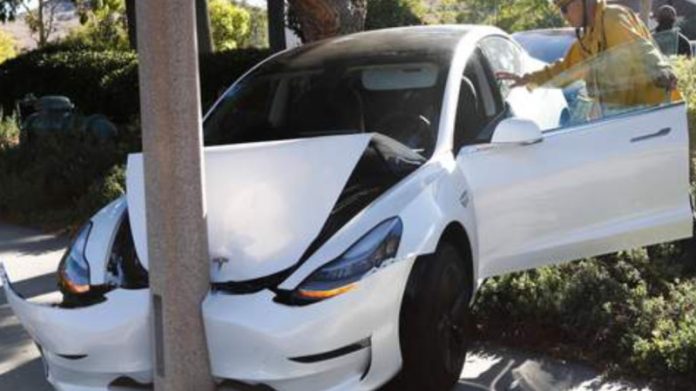
In the US, there is growing pressure on government institutions to ban the export of used electric cars abroad. Regulators are concerned about the safety of their transportation and disposal.
In particular, the authorities hope to better track batteries that remain in the damaged cars through transportation channels. After all, there have already been cases of fires during transportation of such cars caused by the ignition of batteries in them.
Another reason for a possible ban is to avoid exporting e-waste to countries that do not have the means to recycle or repurpose it. American officials want to keep the valuable minerals contained in batteries in their country.
Battery recycling startups in Western Europe and the United States have received huge amounts of private and public investment to help strengthen the supply chain for raw materials from old or used batteries. But so far they have only a small part of the batteries in the form of used batteries.
So far, the existing industry of insurance companies and auctions has played into the hands of Ukrainians who bring used electric cars to Ukraine. In particular, electric cars are more likely to be written off after accidents than cars with an internal combustion engine; electric trains can be recognized as unrepairable even after minor accidents. A Reuters analysis this year found that “most” of the damaged electric cars sold for scrap were nearly new, low-mileage vehicles.
The main reason why repairing electric vehicles is so difficult is the lack of a special regulation on how to handle electric vehicle batteries after an accident. Globally, there is no industry standard for measuring battery performance.
Vehicle manufacturers sometimes refuse to authorize battery repairs for fear of liability. No one knows what will happen to a repaired battery in two or three years and another 50,000 kilometers. It is easier to let almost new vehicles be written off than to have to deal with lawsuits and courts.
Of course, there are businesses in the US that make money by disassembling cars to extract the most valuable parts for resale. However, dismantling the battery requires special workers, equipment, and, most importantly, space due to the fire hazardous storage of lithium-ion cells. Many highways do not have this.
In addition, electric vehicles tend to have simpler drivetrains with more plastic and large prefabricated body components that are not easy to disassemble. In some electric vehicles, the battery is built directly into the vehicle structure, making it particularly difficult to disassemble.

